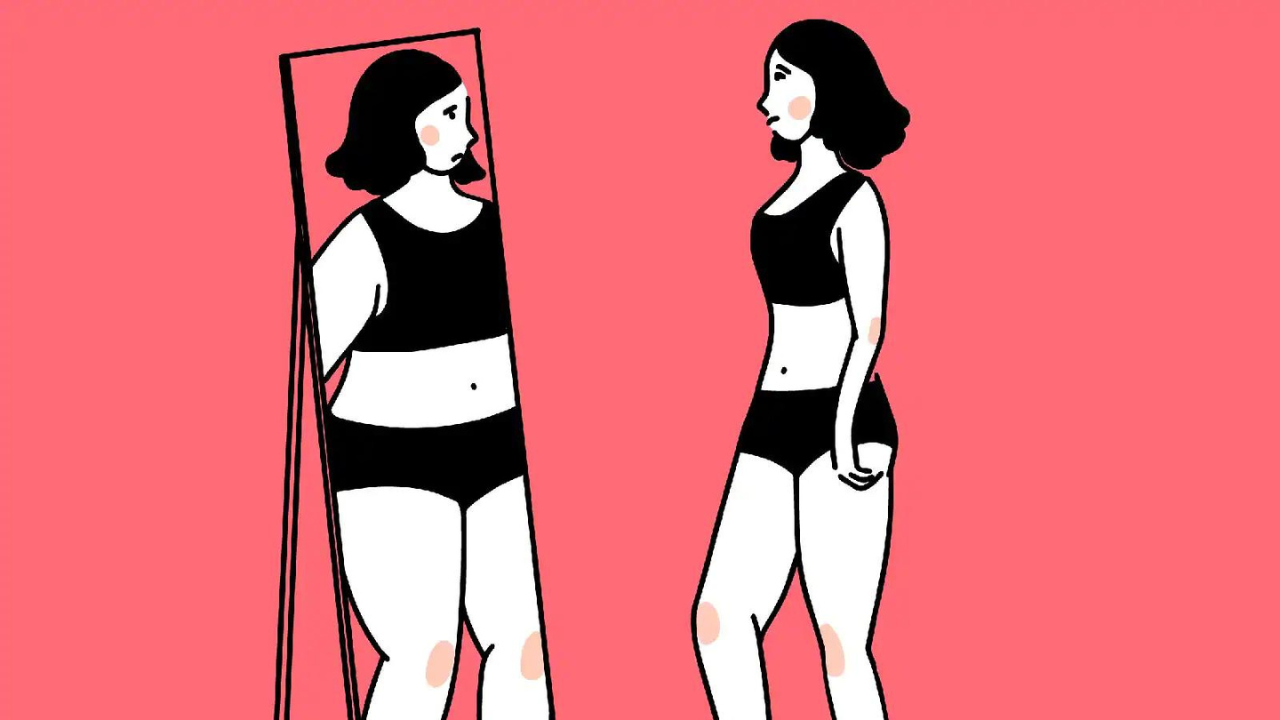
What is Dysmorphia? Experts share what this is and ways to treat it.
{By: Nadia Murdock}
Have you ever looked in the mirror constantly obsessing over your appearance, and you can’t stop thinking about your flaws? These symptoms are signs of Body Dysmorphia Disorder, which are overwhelming thoughts about your appearance that eventually become consuming.
“It’s possible to be ashamed or fixated on changing your body. Ironically, many of the time it’s only something that you notice on your own and is not necessarily seen by others,” explains Danille Pashko founder of Pashko Wellness. Danielle explains that these thoughts can hinder your self-confidence and sadly is not necessary.
Scientific evidence suggests that certain cases of body dysmorphia disorder may be caused by genetics, i.e. exposure to family members that show similar behavior.
So what causes Dysmorphia? Coach Jay of Wellness Worthy believes that it starts earlier than you may think. “The root cause of Body Dysmorphia is definitely your childhood upbringing and your first example of what a “healthy” body is supposed to look like. How did you learn to take care of yourself? You can’t go back in time to change our guardianship or change society at the time, but I definitely feel like we can begin to start where we are right here, right now.”
Some coping tips for dealing with dysmorphia include:
- Consider seeking professional help: Help could include therapy, medication, and hospitalization in some cases.
- Speaking with a nutritionist: You are more likely to develop an eating disorder if you are suffering from dysmorphia. Speaking with a nutritionist can help avoid serious repercussions from the disorder and discover foods that work best for your body.
- Practice meditation: Regular meditation can help manage stress and negative thoughts that may be contributing to your dysmorphia disorder. It helps you gain a more positive and patient approach with yourself.
- Join a support group: Being connected with others that are going through the same thing as you can help immensely.
- Start a journal: This can offer an outlet for your emotions in a positive way without being harmful to yourself mentally.
Pashko points out that in an era of social media that includes filters, fakeness, and unrealistic beauty standards, it makes it harder to cope with dysmorphia. Danielle reminds us that these ideals are something that have been created in your own head! Coach Jay likes to use her 3 Rs approach for reprogramming the mind: Reflect, Revisit, Revitalize. This formula is used to approach your thoughts, values, and beliefs in a holistic way. “When you rewire your thoughts, your beliefs, values, and feelings that you once had about yourself they no longer align with your current ways of being,” says Jay.
Another tactic that Jay recommends is mirror work. This is a new type of practice when you meet your reflection in the mirror with positive and self-affirming affirmations. “At a moment standing in front of the mirror, most are experiencing ruminating thoughts. I can relate to the need to reconnect with my evolving body as a mom who birthed two healthy sons and also during my weight loss journey. What helps is increasing our outer voice in general, in society, with our self-awareness, and radical with self-love. Make self-love the goal and you’ll see less of your body in the mirror and more of your soul.”
Danielle offers a few reminders that you are not alone and how you can start to alter your perspective.
- Absolutely no one is perfect! Even the ones who appear to have all the beauty in the world are struggling with something behind closed doors.
- Working on self confidence and loving yourself can be more attractive than a beautiful body.
- Try to notice the good points in your life. You may not have washboard abs, but you may have a great job or a loving family. That is something to smile about!
- And one of the most important quotes that comes to mind in this situation is “Stay in Your Lane”.
If you feel you may be suffering from dysmorphia, don’t hesitate to speak with someone for help. Remember you are not alone and a road to recovery is possible.
About Nadia Murdock
Mindset and Movement Coach and founder of Nadia Murdock Fit.
As the Founder of Nadia Murdock Fit, she is credentialed as a Mindset & Movement Coach, B.A. Psychology and Certified in Cognitive Behavioral Therapy. Nadia is also a Certified Fitness Instructor, coach, content creator, writer and public speaker. Her mission and purpose are to motivate others to adopt a self-positive mindset leading to healthier choices and body confidence.
To connect with Nadia you can find her on IG @nadiamurdock Twitter @NadiaMurdockFit TikTok @Nadiamfit





